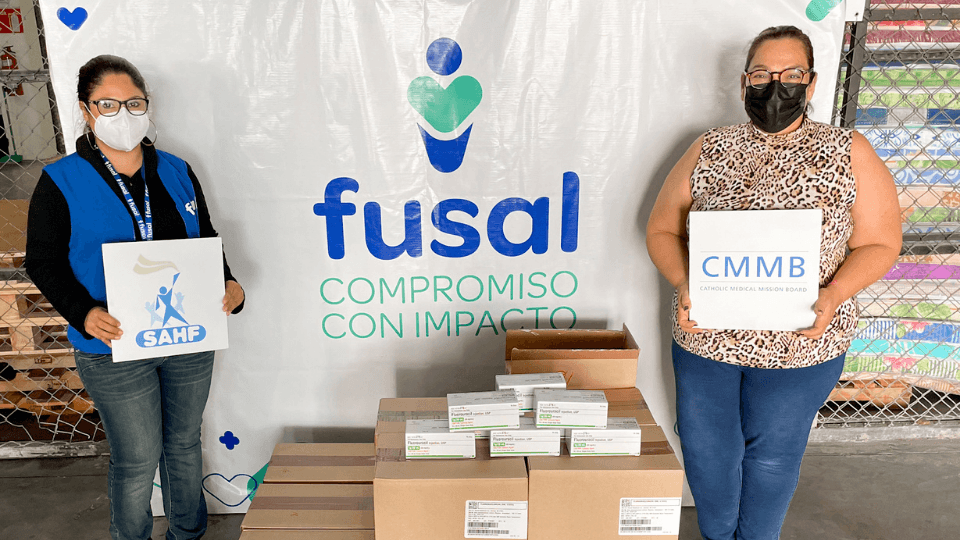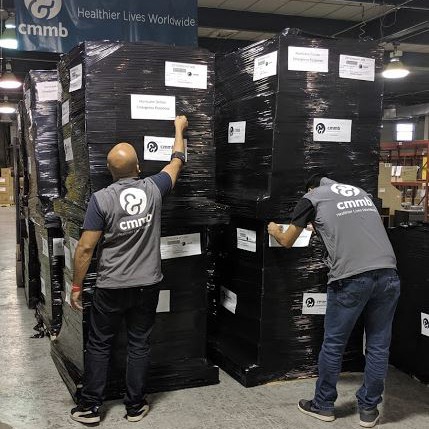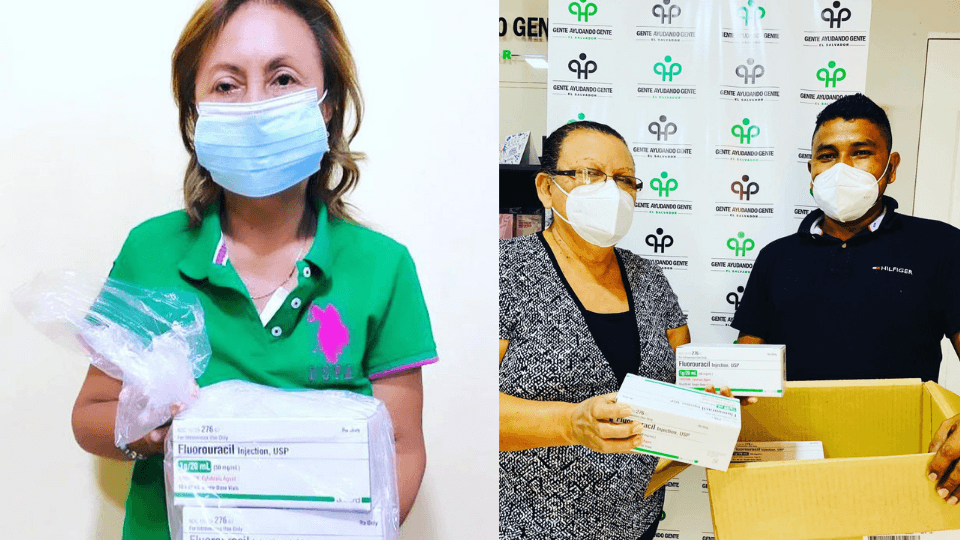Treating Cancer in El Salvador

Cancer Diagnoses in Developing Countries
In the United States, a cancer diagnosis has the power to throw one’s life into turmoil. In developing countries, the impact is innumerably multiplied. Often families cannot even afford the care needed to adequately treat the disease. Even more tragically, as most lower income families have very little money saved, losing a member of the household who works can almost immediately plunge a family into dire circumstances.
The annual global incidence of cancer is on the rise and projected to continue its increase from 12.7 million annually to 22.2 million annually by 2030 (American Society of Clinical Oncology). The greatest burden will occur in low- and middle-income countries, including those that make up Central America.
El Salvador has been researching and implementing strategies to prevent cancer in their population of 6.4 million. Unfortunately, they face difficulty in ensuring effective treatment for their citizens who develop the disease. This difficulty would be far worse if it wasn’t for the support of a robust network of NGOs operating in the country to serve the poor and vulnerable.
Collaborating for Compassionate Care
CMMB is fortunate to be able to collaborate with a number of these organizations, including Fundación Salvadoreña para la Salud y el Desarrollo (FUSAL), which we support through our partnership with the Salvadoran American Humanitarian Foundation (SAHF).
FUSAL has worked in El Salvador for over 35 years, coordinating with US partners to arrange donations of medical products, food, and educational materials. They have distributed medicines and medical supplies to more than 150 partners throughout the country.
FUSAL partners with some of the most prominent health facilities and organizations in El Salvador providing cancer care to those who would be otherwise unable to afford it. At the beginning of 2021, CMMB was pleased to be able to provide a donation to FUSAL that included Fluorouracil, a medicine which is very commonly used for chemotherapy treatments in the country.
This CMMB donation sparked immense excitement from FUSAL’s partners. For example, Gente Ayudando Gente (People Helping People), an organization established in 2009 to provide opportunities for the most vulnerable Salvadorans was one of the first to respond. They work to bridge care for many cancer patients who cannot afford the expense of treatments and are shut out of the overburdened public healthcare system. One of the largest public hospitals in the nation, Hospital Rosales also accepted an allocation that contributed to their free care program for poor citizens suffering from cancer.
Treatment and Hope for Priscila
Hundreds of Salvadorans ultimately benefitted from the donation, including Priscila Fuentes Ventura, a 60-year-old woman who lives with her daughter in San Miguel. She was diagnosed with gastric cancer in January 2021. She was prescribed Fluorouracil treatment in advance of a surgery that her doctor planned to perform to remove the cancer. However, when she contacted pharmacies and health facilities in her area, she discovered she couldn’t afford the high price of the medicine. This whole time, the symptoms of her cancer were continuing to make her day-to-day life more difficult.
In February, Gente Ayudando Gente reached out to Priscila to inform her that they had Fluorouracil available from the CMMB donation. After conferring with her doctor, the organization gave her 10 full course treatments of the medicine. Following the treatment, Priscila was able to undergo surgery in July, and she is now cancer-free.
Confronting the difficulties faced by Priscila and countless others in her situation can be difficult for someone living a comfortable life in the US. However, as Jennifer Giron of FUSAL said, “it is important we visualize the reality of (these) communities.” Indeed, we must understand the challenges of those we seek to serve in order to continually remind us of the need of our work.

